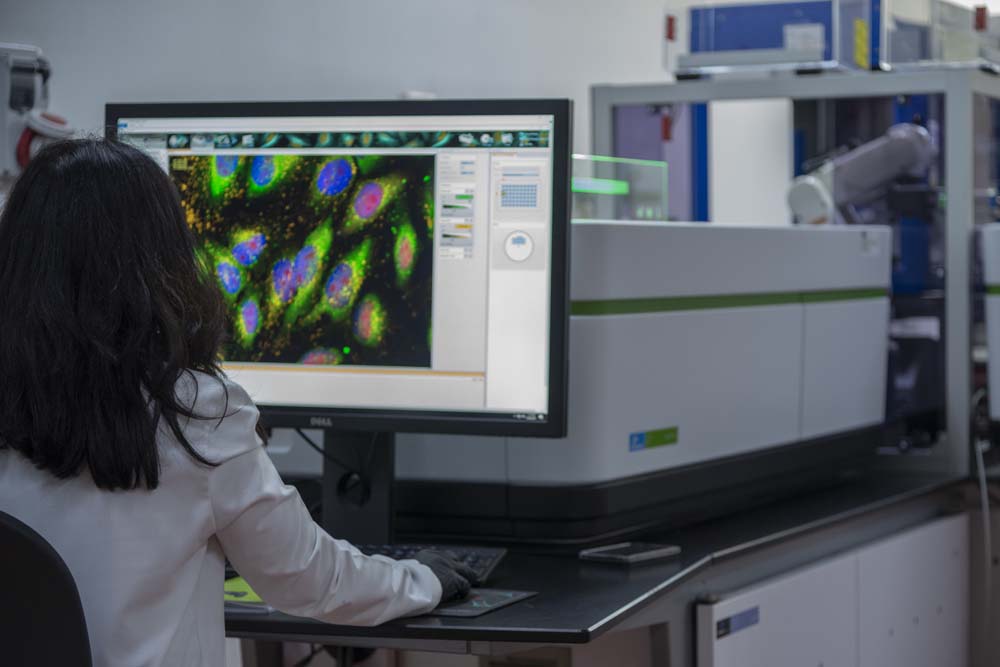The interest of public and private investors in Telethon-funded discoveries has led to the creation of several biotech start-ups, each focused on advancing promising therapeutic technologies. Fondazione Telethon promotes and governs this process through its Business Development Office, which identifies opportunities for spin-offs, supports researchers in the transition toward entrepreneurship, and nurtures the start-up in its early years.

Fondazione Telethon is currently a founding partner in five start-ups:
- GeneSpire – Developing liver-directed gene therapies with lentiviral vectors designed for long-term correction after a single treatment. Founded in 2020 at SR-TIGET by Luigi Naldini and Alessio Cantore, together with Fondazione Telethon and Ospedale San Raffaele, with the support of Sofinnova Partners.
- AAVantgarde Bio – Focused on next-generation gene therapies for inherited retinal diseases, with an innovative platform capable of transferring large genes. Co-founded by Alberto Auricchio (TIGEM) and Fondazione Telethon, supported by Sofinnova Partners.
- Epsilen Bio (now part of nChromaBio) – Developing epigenetic editing technologies to silence disease-causing genes without permanently altering DNA. Founded in 2019 at SR-TIGET by Angelo Lombardo and Luigi Naldini, together with Fondazione Telethon and Ospedale San Raffaele. Supported by the Sofinnova Telethon Fund.
- Innovavector – A CDMO (Contract Development and Manufacturing Organization) specialized in the design and production of AAV vectors for gene therapy. Founded in 2022 as a spin-off of TIGEM’s Vector Core group, building on over a decade of expertise in viral vector manufacturing.
- Negedia – Developing next-generation molecular diagnostics for rare genetic diseases and cancer through advanced DNA sequencing. Founded in 2022 as a spin-off of TIGEM, leveraging over thirty years of experience in rare genetic disease research.
Other start-ups have also originated from Fondazione Telethon-funded research, where the Foundation is not a shareholder but remains co-owner of the originating patents. These include:
- IAMA Therapeutics - Developing innovative therapies for central nervous system disorders, including epilepsy and autism. Founded in 2021 by Laura Cancedda and Marco De Vivo at the Italian Institute of Technology (IIT) Genoa.
- Sibylla Biotech - Uses artificial intelligence and computational simulations to identify molecules that interfere with protein folding, targeting proteins once considered “undruggable.” Founded in 2017 by researchers from the Italian National Institute for Nuclear Physics (INFN) and the Universities of Trento and Perugia.
- Genenta Science - Specializing in stem cell-based gene therapies for cancer, with a proprietary lentiviral platform (Temferon). Founded in 2014 by Luigi Naldini, Bernardo Tavazzi, and Pierluigi Paracchi, as a spin-off of SR-TIGET.
- TR1X - Developing therapies for autoimmune and inflammatory diseases, based on Tr1 regulatory T cells. Founded in 2021 by Maria Grazia Roncarolo at SR-TIGET (Ospedale San Raffaele, Milan).
By promoting entrepreneurship, Fondazione Telethon ensures that innovative ideas born in its research ecosystem can attract the expertise and investments needed to become therapies, creating tangible opportunities for patients.